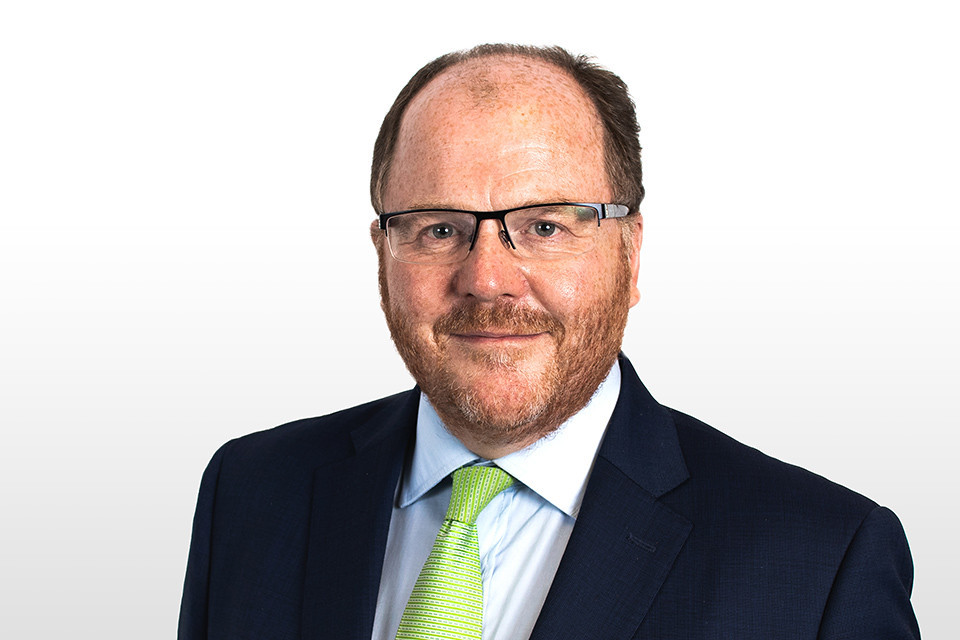Transport minister George Freeman has confirmed the Department for Transport’s (DfT) intent to consult on the ICE ban date, stating he would like to be able to bring “tangible” measures to COP26.
Freeman reiterated that the DfT does “intend to consult” on the phase-out date, speaking at the launch of the Electric Vehicle Energy Taskforce report.
This was a pledge outlined in the latest Conservative manifesto, with the Committee on Climate Change among others calling for a sooner phase-out date than the current 2040.
Whilst Freeman did not specify a particular date, in October transport secretary Grant Shapps, initially announcing DfT’s intent to consult on the date, said the government should aim for 2035.
Freeman said that at COP26, which is to be held in Glasgow next year, “I want us to be able to announce a series of tangible, specific measures that we’re putting in place to drive the acceleration of our decarbonisation of transport”.
The department has faced fierce criticism in the past over decarbonisation, with the CCC’s Lord Deben urging DfT to “implement policies with greater ambition” and the Friends of the Earth accusing it of “going rogue”.
The government as a whole has been criticised over not having a definite roadmap or series of policies in place for net zero, with the CCC slamming it over a “shortfall” in net zero policy in July.
Freeman also confirmed that the department is to shortly announce its “first ever integrated decarbonisation plan at DfT”, as well as currently working on how it leads on the digitlisation of transport which is not something it has “strategically invested in in terms of our internal skills”.
He stated the department wants to make the UK a leader in the development, research, uptake, assessment and digital measuring of innovation in transport.
He also said that Highways England has committed to the availability of charge points every 20 miles on 90% of the strategic road network, and pointed to the £400 million Charging Infrastructure Investment Fund, which aims to install a mix of charging speeds in a variety of locations, including across the strategic road network.
Freeman concluded his speech by stressing the time frame in which decarbonisation must happen.
“2050 seems a long way away; it isn’t,” he finished.





